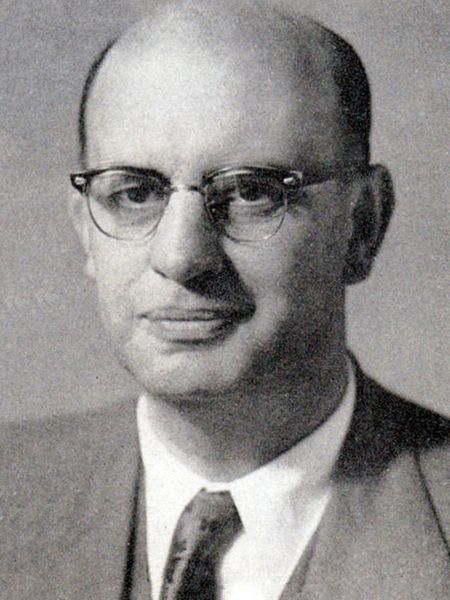The Muldergate scandal, also known as the Information Scandal or Infogate, was a South African political scandal involving a secret propaganda campaign conducted by the apartheid Department of Information. It centred on revelations about the department's use of a multi-million rand secret slush fund, channelled from the defence budget, to fund an ambitious series of projects in publishing, media relations, public relations, lobbying, and diplomacy. Most ambitiously, the fund was used to establish a new pro-government newspaper, the Citizen, and in attempts to purchase both the Rand Daily Mail and the Washington Star. The projects, involving a total amount of at least $72 million, aimed primarily to counter negative perceptions of the South African government in foreign countries, especially in the West.
Minister Connie Mulder, for whom the scandal is named
Prime Minister John Vorster later denied that he had been consulted on the Citizen scheme
P. W. Botha, Vorster's successor, was cleared of any wrongdoing
The Washington Star, previously known as the Washington Star-News and the Washington Evening Star, was a daily afternoon newspaper published in Washington, D.C., between 1852 and 1981. The Sunday edition was known as the Sunday Star. The paper was renamed several times before becoming Washington Star by the late 1970s.
A young boy sells The Evening Star to a man in 1917; the headline, published as the U.S. was entering World War I, reads: "U.S. at War with Germany"
The Evening Star Building at 1101 Pennsylvania Avenue, NW in Washington, D.C., now part of the Pennsylvania Avenue National Historic Site





